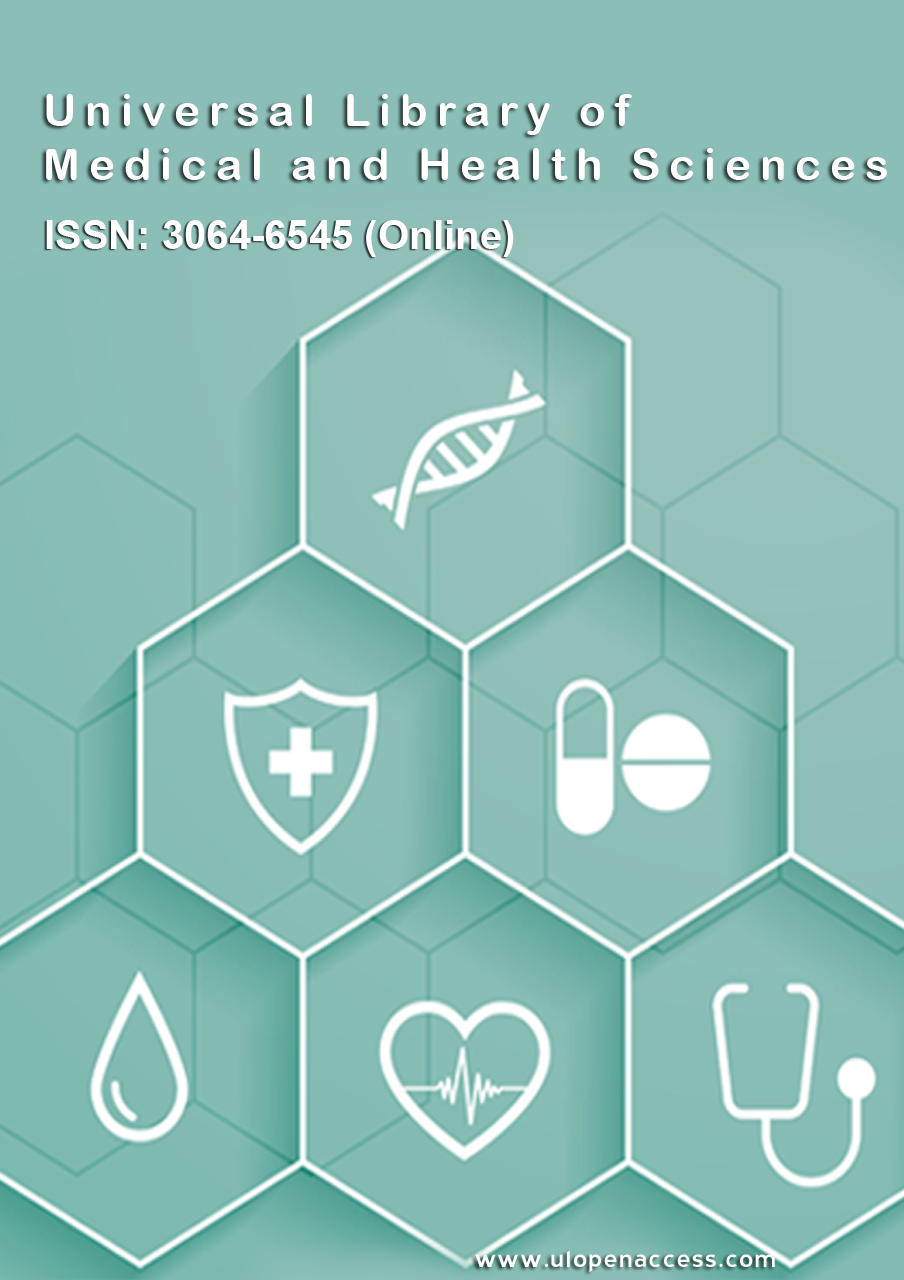The Medicinal Properties of Anogeissus leiocarpus (African Birch Tree) and the Development of a Drug for Diabetes Mellitus and its Complications: A ReviewLovet Ovigue Esievo, Marian Egwono Esievo, King Akpofure Nelson Esievo Citation: Lovet Ovigue Esievo, Marian Egwono Esievo, King Akpofure Nelson Esievo, "The Medicinal Properties of Anogeissus leiocarpus (African Birch Tree) and the Development of a Drug for Diabetes Mellitus and its Complications: A Review", Universal Library of Medical and Health Sciences, Volume 02, Issue 04. Copyright: This is an open access article distributed under the Creative Commons Attribution License, which permits unrestricted use, distribution, and reproduction in any medium, provided the original work is properly cited. AbstractThe antidiabetic, sialoglycoconjugates, antidyslipidemic, antioxidant, anti-inflammatory, haematopoietic and wound-healing properties of Anogeissus leiocarpus are highlighted. Its purification and structure using nuclear magnetic resonance, for its mechanism of action are discussed. Its wide range of safety value and its lack of deleterious side effects on pregnancy, gestation, lack of teratogenic effects in pups (kitten) and impressive reproductive performance of Wistar rats are adequately emphasised. With information derived from search ‘engines’, such as Elsevier, Springer, PubMed, Science Direct, Medline, Google Scholar and a library search for articles published in peer reviewed journals, this review provides evidence for the development of a non-empirical and non-conventional alternative supporting drug from A. leiocarpus for diabetes mellitus and its complications. The synergistic activities of anti-inflammatory Lupeol, coexisting with antidiabetic betulinic acid and trimethoxyellagic acid with their potent scavenging of glucose by glycosidation reactions support an economic development of the alternative drug. The inhibition of alpha-glucosidase by betulinic acid is an additional antidiabetic advantage. The fertility assessment of the tree grown soils and the fast recovery of A. leiocarpus after stem bark harvest, following mild rainfall suggest its reduced vulnerability from climate change and an enhanced agricultural sustainability. Keywords: Anogeissus Leiocarpus; Stem Bark; Triterpenes; Lupeol; Anti-Inflammatory; Betulinic Acid; Trimethoxyellagic Acid; Glucose Scavenging Glycosidation; Alpha-Glucosidase Inhibition; Antidiabetic; Economic Drug Development. Download |
|---|

